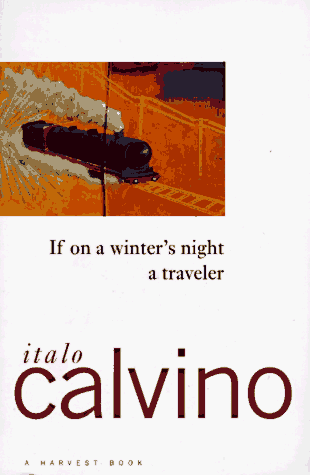
Nathanael West produced only four novels during his short life. The best of the two are Miss Lonelyhearts (really a novella at 58 pages) and The Day of the Locust. I bought them packaged together in one book and read them back to back.
Miss Lonelyhearts is widely regarded as one of the finest works of the twentieth century. Set in early 1930s New York City, Miss Lonelyhearts is a man who writes an agony column for a daily newspaper. The hopelessness and hard luck that crosses his desk every day has begun to wear on him in significant ways. As he drifts through life in an alcohol haze, he vainly tries to find meaning in life, mostly through an attempt to embrace Christianity. His hard case boss Shrike and would be fiancee Betty offer contrasting views for him to latch on to. I had a mild hangover when I read this story, and the descriptions of drunkenness were tough to handle. The action is somewhat surreal, and as a look at the role of Christianity in an increasingly detached world, Miss Lonelyhearts works very well.
I enjoyed The Day of the Locust more of the two, however. What Miss Lonelyhearts did for (or to) New York, The Day of the Locust does in spades for Hollywood. West had moved to Hollywood to work on screenplays shortly before his death, and apparently he had a rich experience in a short time if this book is any indication. This novel captures the desperation, shallowness, and depravity of early Hollywood in all its glory. Tod Hackett is a young set designer with artistic ambitions who is hopelessly smitten by Faye, a wannabe actress. The story revolves around Tod and his fellow suitors (Earle, the cowboy, and Homer, the midwestern transplant) and their relative success in obtaining the unobtainable. In many ways Faye represents Hollywood in all its fatuousness: beautiful to look at, entertaining to be a part of, but ultimately hollow. The scene of mob violence at the end is truly evocative, and the book stands as an indictment as well as a strange celebration of the insanity of the place and era.




